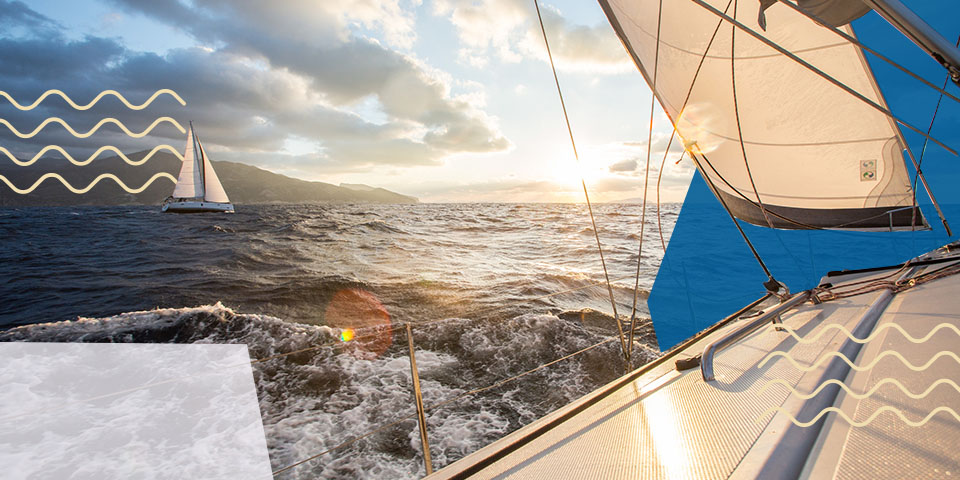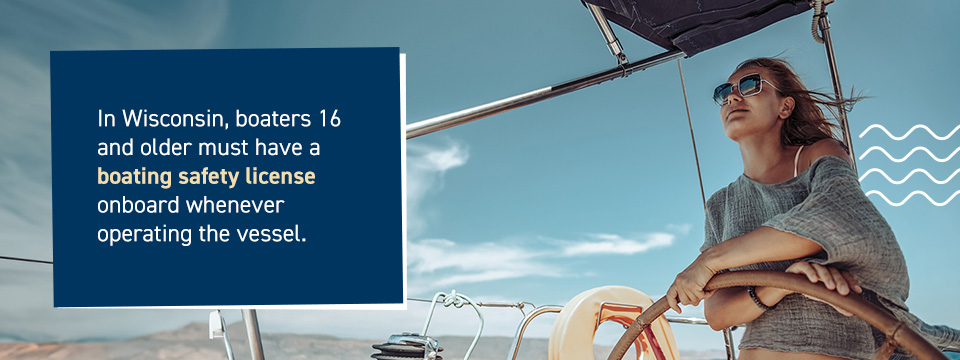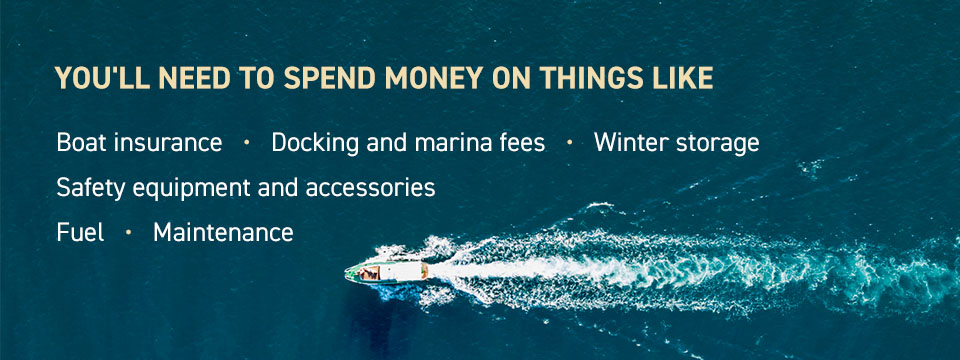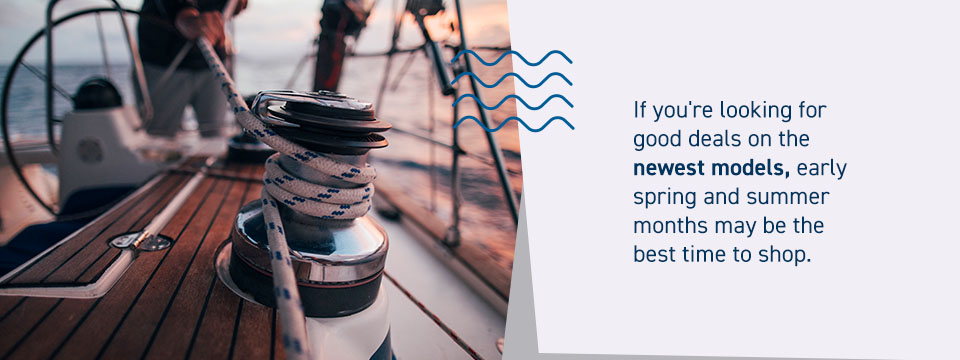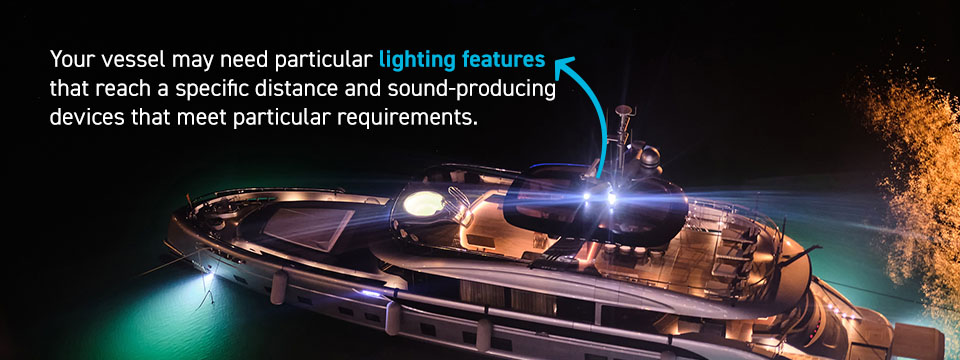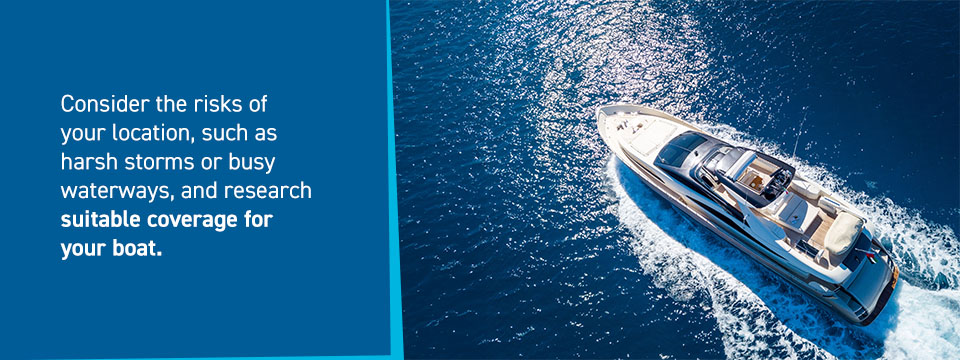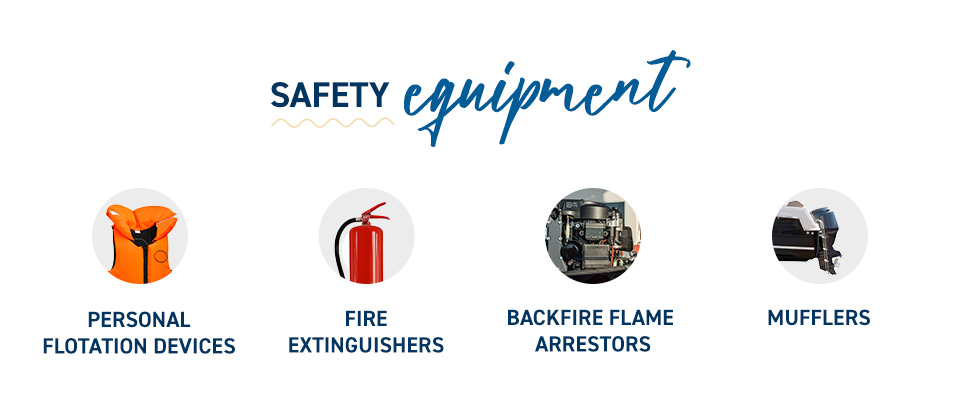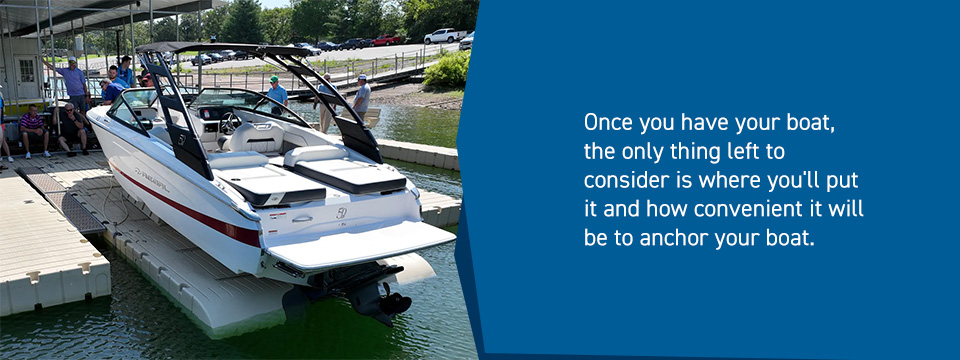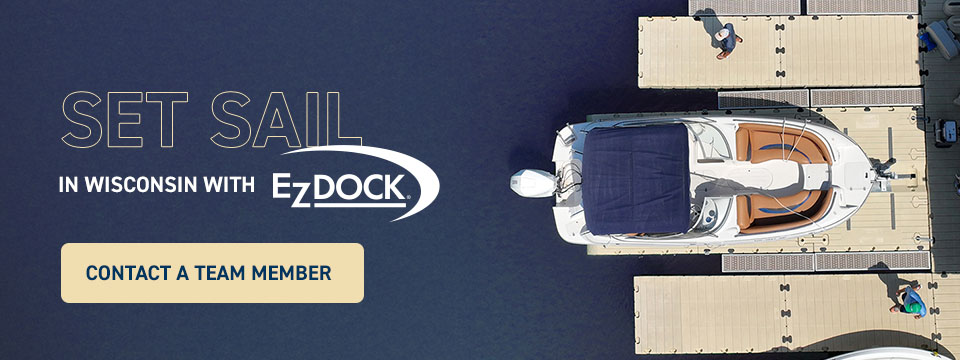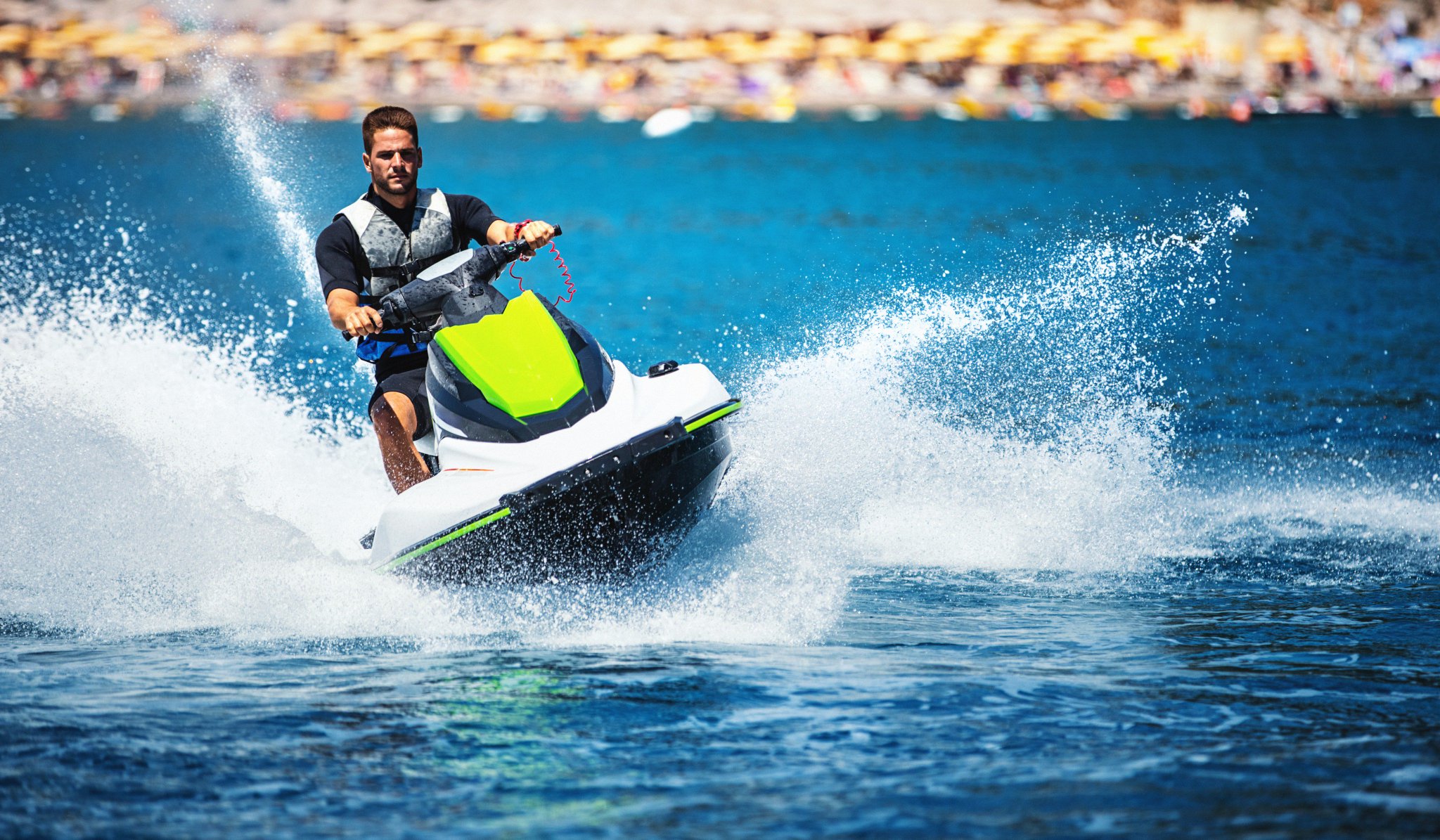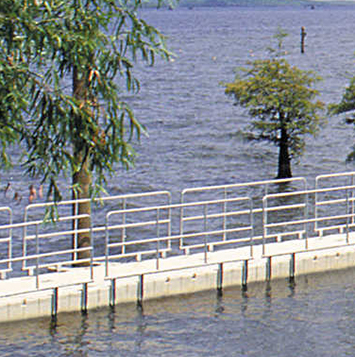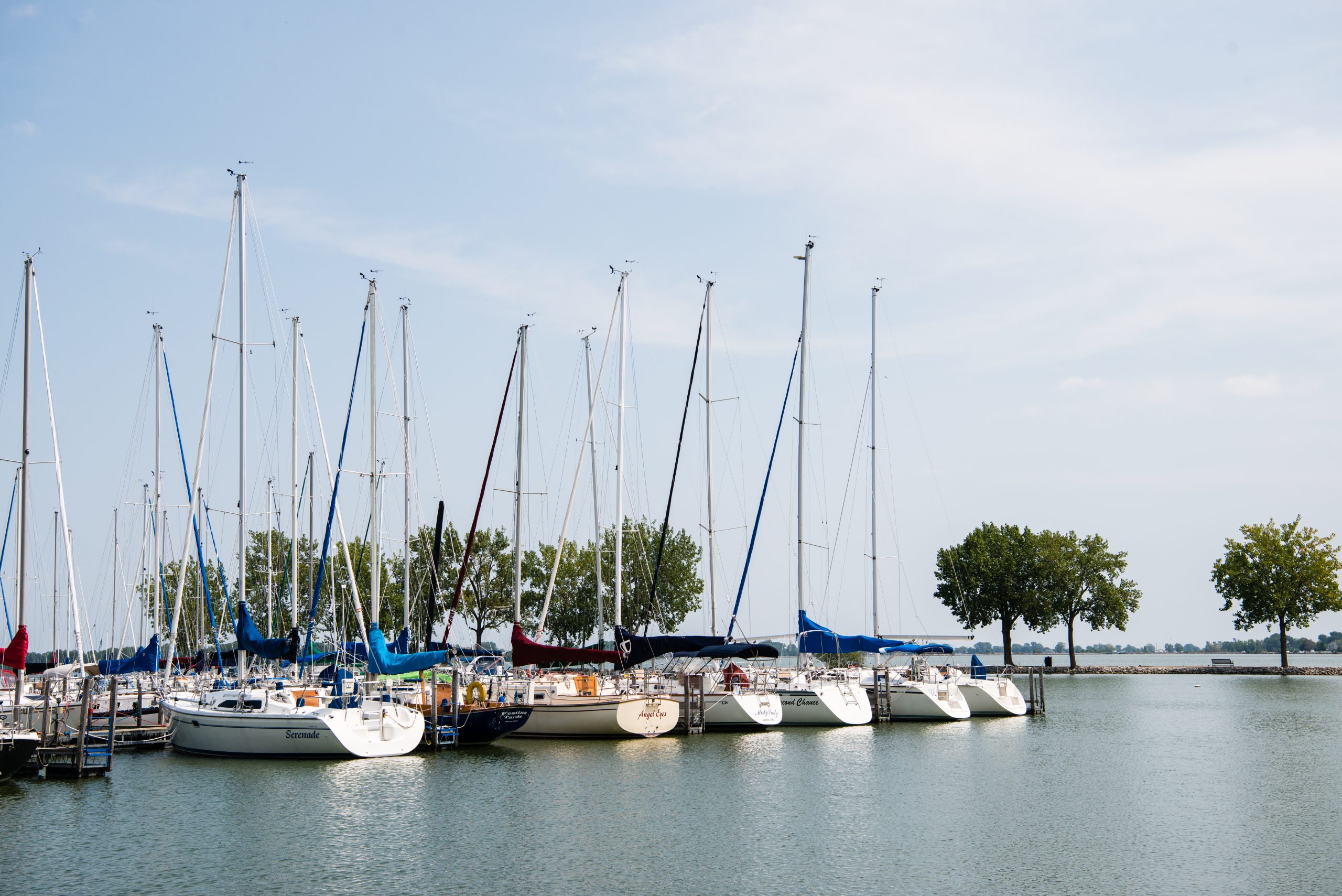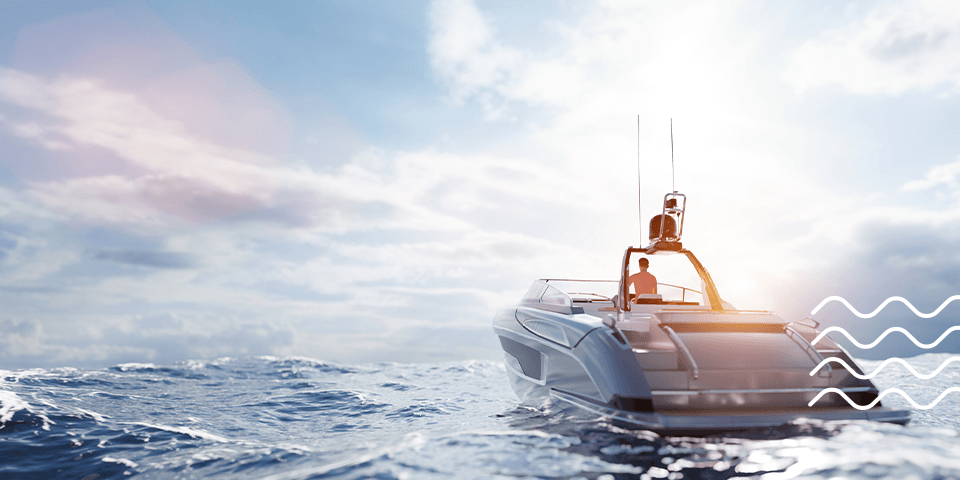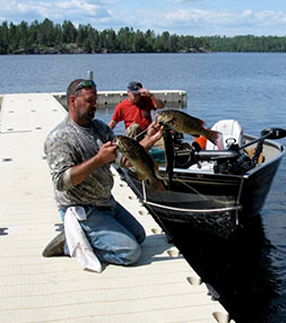Filters
Steps to Buying a Boat in Wisconsin
Buying a boat in Wisconsin involves several steps to ensure you can enjoy your new boat legally. For example, you’ll want to familiarize yourself with the Wisconsin boating laws that your boat needs to comply with and plan to arrange an inspection for any prospective boat to ensure it’s in good condition.
The Wisconsin waters are beautiful and abundant. To help you make the most of your boating adventures, this extensive guide explores the various steps to follow when buying a boat, including how to get a boating license, register your boat and apply for a certificate of title.
Understanding Wisconsin Boating Laws
It is crucial to stay informed of the latest Wisconsin boat laws and regulations before you buy and operate your new vessel. You must comply with various rules and regulations, including operator age requirements, boat safety education, and titling and registration requirements. Here are some of the most important Wisconsin boating laws to know:
Do You Need a Boating License in Wisconsin?
If you were born before January 1, 1989, the law exempts you from the need to have a boating license or certificate to operate a motorboat. People born after January 1, 1989, must complete and pass a boater safety course to obtain a valid Wisconsin boating license.
In Wisconsin, boaters 16 and older must have a boating safety license onboard whenever operating the vessel. If the boat operator is between 12 and 15, they also need a boating safety certificate and must have someone who has a license and is 18 or older on board with them.
How to Get a Boating License in Wisconsin
When getting a boating license, ensure the course and certificate the provider offers are state-approved. The process involves four easy steps:
- Sign up: This step involves signing up for a student course and paying for it. After a few minutes, you can access the online dashboard.
- Study: Many course providers allow you to learn at your pace and save your progress as you go. They also provide learning materials in the form of boating videos and animations to help you understand the content fully.
- Take the test: Most providers allow you to take the test on any device — desktop, mobile or tablet. Some course providers automatically save your progress, allowing you to pick up where you left off at any time.
- Print your license: Once you pass the online exam, you may print a temporary boating license to take a trip as soon as your boat is ready.
Steps to Buying a Boat in Wisconsin
It’s best to wait to purchase a boat until after you’ve received a boating license. Since buying a boat can be a large purchase and may impact how much you enjoy boating, you’ll want to consider several factors. Here are 11 of the most critical considerations when buying a boat in Wisconsin.
1. Determine Your Budget
The most important thing you can consider before purchasing is how much you have to spend. Aside from monthly payments on the boat you buy, you’ll need to spend money on things like:
- Fuel
- Maintenance
- Winter storage
- Boat insurance
- Docking and marina fees
- Safety equipment and accessories
Accounting for these expenses will help you avoid surprises later. Narrow down which features matter most to ensure you get a boat that meets your needs and is within your budget.
2. Consider What Type of Boat You Need
What will you use your boat for? Perhaps you’re looking for a large vessel for family outings and recreational activities or a small fishing boat for some time to yourself. Consider also where you plan to use your boat. Whether it’s for sailing the ocean or motoring down a river, boats differ in suitability and style depending on where you use them.
Create a list of needs you want your boat to fulfill, including its size, make, model, accommodations and price range. Be sure to choose your boat based on this list to ensure it is suitable for the activities and body of water you plan to use it for.
3. Choose Whether You Want a New or Used Boat
A new boat can offer advantages like brand-new features and a warranty that requires little expense from you if you need repairs. While a pre-owned boat may be used, you can still find good quality boats in excellent condition and purchase them at a lower price than a new vessel.
If you plan to buy something used, you can consider an older model of a newer boat that meets your needs but isn’t as expensive. Shopping for an older model can help you get most of the features you want at a more affordable price. Be sure to have a professional evaluate the boat to determine its condition and value.
4. Consider a Convenient Time to Buy the Boat
In Wisconsin, the best deals are typically available during fall and winter when distributors and private sellers are looking to clear their inventory and make space for newer models. If you are fine with buying previous makes and models rather than the most recent ones, this can be an excellent option to get a new boat at a lower price. If you’re looking for good deals on the newest models, early spring and summer months may be the best time to shop.
5. Network With Brand Representatives and Boat Enthusiasts
You can easily learn more about the pros and cons of various types of boats by visiting online forums and attending boat shows. Online forums offer useful insights into specific types of vessels. At boat shows, brand representatives can recommend the best boat based on your needs, and you can ask questions to ensure you make a knowledgeable decision.
6. Research Storage Options
Your boat will need storage or coverage to ensure it stays in optimal condition for longer and requires minimal maintenance. The type of storage your boat needs will depend on where you live, the type of vessel you buy and the weather. If your area often experiences warm weather and you can keep your boat at the marina, you may be able to use in-water boat storage. This allows you to keep it in the water throughout the year.
In some circumstances, you may need to store your boat indoors to prevent damage from harsh weather conditions. If you store it outside, whether at your home or in the marina’s boat yard, you would need to winterize it accordingly. You could also store it in a facility that stacks boats outside on racks or install a boat lift near the water so it is out of the water yet ready to use whenever needed.
7. Check That the Boat Complies With State Laws
Your boat must meet certain standards and capability requirements to abide by Wisconsin law. For example, your vessel may need particular lighting features that reach a specific distance and sound-producing devices that meet particular requirements. When buying a boat from another state, make sure the boat is compliant with Wisconsin state laws.
8. Do a Boat Inspection
Especially if you’ve settled on buying a used boat, you need to ensure there are few issues and the price is reasonable. Physically inspect the boat yourself to see if it is in good condition. Ask the seller whether they are the original owner, if there is a warranty and whether the warranty is transferable. You can also ask them about the amount of hours there are on the engine and how often they serviced the boat.
Next, you could ask the seller to take the boat out on a test drive to ensure it operates smoothly and effectively. To be extra sure, you may hire a marine surveyor to inspect the vessel. A good surveyor will know exactly how each feature of the boat is supposed to work and look for issues accordingly.
9. Consider Boat Financing Options
If you’re going to take out a loan for your boat, consider the following factors to help you choose the right lender:
- Determine how much you’ll need to borrow: To avoid getting pre-approved for less than a boat is worth, calculate how much you can afford to spend on your boat monthly.
- Check your credit score: You’re more likely to get better loan terms, including a lower interest rate, if you have a higher credit score.
- Research lenders: While looking at what lenders have to offer is important, it is equally essential to research their credibility, customer satisfaction rates and how trustworthy they are.
- Compare offers: Apply for a boat loan with various lenders and compare the terms, rates, benefits and fees to ensure you choose the best one.
- Get pre-approved: Getting a pre-approval letter allows you to share and confidently assure a seller that you have the funds to buy their boat.
- Prepare the necessary documents: Once you’ve decided on a boat, contact your lender to ask about the documents you should provide to secure the loan.
10. Contact an Insurance Agent
Boat repairs can be costly, especially if they are unexpected. It’s wise to insure your boat so you can avoid taking a personal financial hit if a covered incident occurs. Consider the risks of your location, such as harsh storms or busy waterways, and research suitable coverage for your boat. You may want to include collision damage, comprehensive coverage, property damage liability, bodily injury liability and more specific additional coverage options.
As with boat loans, it’s best to compare various insurance options and look into the insurance providers to ensure they are trustworthy.
11. Factor in Essential Additional Items
Wisconsin law requires some safety equipment when a vessel is on the water. This equipment and gear helps ensure the safety of those onboard. Some of these items include:
- Personal Flotation Devices (PFDs): State regulations require all vessels to have U.S. Coast Guard-approved PFDs like a life jacket for each person aboard the boat.
- Fire extinguishers: The fire extinguishers on your boat must be Type B and U.S. Coast Guard-approved. You should mainly need one if your boat has closed compartments, closed living spaces, fuel tanks or an engine.
- Backfire flame arrestors: These devices are essential for preventing gasoline vapors from igniting a fire if the engine backfires.
- Mufflers: Mufflers help reduce the noise that comes from the boat’s engine so operators and other people on the boat clearly hear sound signals.
Find out whether the boat you want to buy already includes these features or if you should set some money aside to purchase them yourself.
After Your Purchase: Wisconsin Boat Registration
After purchasing your boat, you must register it to operate it legally on Wisconsin waters. The state law requires you to register your boat if it is a motorboat or sailboat more than 12 feet in length. If you received boat registration in another state, it may be valid registration in Wisconsin for up to 60 consecutive days to give you time to apply for a Wisconsin registration.
Here’s what you need to know about registering a boat in Wisconsin, with or without a title, and how to transfer a title, if necessary.
How to Register a Boat in Wisconsin
State laws require you to register within 10 days of purchase, either online or by mail. Electronic registering involves sending all documents to the Department of Natural Resources (DNR) via the online platform. This route may still require you to send a transfer of ownership and proof of purchase document by mail.
If you prefer to register by mail, you can send all completed documents to the DNR Processing Center at PO Box 78701 Milwaukee, WI, 53278-0701.
Here are the steps you can take to register your boat in Wisconsin:
- Complete the application: The application may ask you to state your name, date of birth and address and provide a form of identification such as your Social Security number, DNR customer ID number or driver’s license number when applying as an individual. You should also include the boat’s model year and model name. Make sure the application is accurate and signed.
- Provide the original certificate of title or registration: If your boat was previously owned or registered, you’ll need to submit information regarding the previous owner’s certificate of registration along with your application. The boat should have a title if it was previously registered in Wisconsin. Make sure the seller gives you the original title and that it is signed by all owners listed on the certificate of title.
- Provide the original manufacturer’s statement of origin: If you bought a brand-new boat, you’ll need to provide the Manufacturer’s Statement of Origin (MSO) with the application. Because the boat could not have been registered before, you will send this instead of a certificate of title.
- Apply for a certificate of title: You will then need to apply for a certificate of title. You may be exempt from this rule if your boat measures less than 16 feet or you are a non-resident who purchased the boat in Wisconsin and plans to register and operate it in another state. The application for the certificate of title will be within the same form for registering the boat.
- Pay the registration fees: Registering your boat requires paying a fee based on the type of boat you have and its length. Fees are typically less expensive for non-motorized boats and most expensive for large motorized boats.
What to Do After Receiving Registration
After registration, you’ll receive a registration certificate, certificate of title and registration expiration decals. You must display the registration number the department assigns you and the registration decals on both sides of your boat’s bow. Numbers should be in block-type font, 3 inches tall and in a color that contrasts the color of the boat.
The registration lasts three years and expires on March 31 of the third year. This means you’ll need to renew it every three years online or by mail. If your address changes, you must also notify the office within 15 days of moving. You can easily edit your contact information through your DNR GoWILD customer account.
How to Register a Boat in Wisconsin Without a Title
You may not have a boat title if it was destroyed, you bought a brand-new boat or you bought it in a state that does not issue titles for boats. When registering a new boat in Wisconsin without a title, you can easily apply with the manufacturer’s statement of origin. In other cases, you can provide a few other documents in its place:
- Hull Identification Number (HIN) verification: An authorized boat distributor or an agent from the DNR will need to verify your boat’s HIN.
- Proof of ownership: Provide another form of ownership, such as previous registration documents, manufacturer’s statement of origin or a bill of sale.
- Affidavit: You may also provide an affidavit that explains why you are without a boat title or offer a certificate of title replacement request to replace a lost or destroyed title.
Wisconsin Boat Title Transfer Process
A title transfer is necessary when you buy a used boat. The seller will typically need to give you the original certificate of title — signed by the previous owner(s) — so you can provide it along with your boat registration and titling application and transfer the boat into your name.
Docking Solutions for Your New Boat
Once you have your boat, the only thing left to consider is where you’ll put it and how convenient it will be to anchor your boat. Boat docks are convenient solutions that help you store your boat on your waterfront property, whether by a lake, pond, ocean or river.
EZ Dock offers a wide range of versatile and adaptable floating docks that can withstand harsh weather and hazardous conditions. Made with high-quality polyethylene material, our docks are low maintenance, allowing them to last for up to 20 years or more with little upkeep. In other words, you get to enjoy boating safely without the risks of high-maintenance wood docks and constantly storing your boat with a facility after a long day of sailing.
Setting Sail in Wisconsin With EZ Dock
Being thoroughly prepared to buy a boat in Wisconsin is essential when you consider the various state laws that apply. Understanding the laws can also help you establish boat options that can fulfill your boating needs. Once you purchase the perfect boat, EZ Dock is ready to assist you in attaining the equipment you need to help you and your boat thrive.
Whether you need a dock, boat lift, railings or dock accessories, our professionals can provide a solution that enhances your boating experience. Experts will work with you directly to understand and meet your specific requirements. Contact a team member to learn how our docking solution can meet your Wisconsin-specific boating needs.

